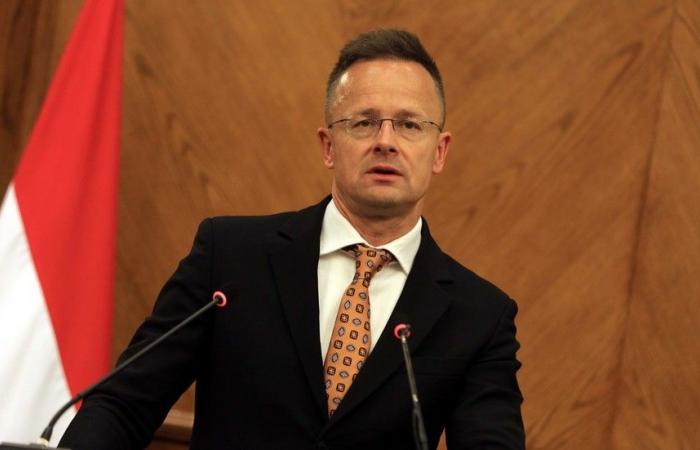The European Commission has announced its intention to completely eliminate the purchase of gas, nuclear fuel and oil from Russia by the end of 2027. This measure has generated an intense debate among the Member States of the European Union, especially in countries such as Hungary, which depend largely on Russian imports for its energy supply.
Hungary Foreign Minister Peter Szijjarto has openly criticized the Brussels Plan, arguing that this decision violates the sovereignty of the Member States by depriving them of the right to choose their energy sources. According to Szijjarto, the forced exclusion of Russian energy resources, based on ideologies, could result in a severe increase in prices in Europe, seriously affecting the economy of European countries and the operation of their companies.
Reactions in the European Union
Hungary obtains more than 80% of its gas through Russian gas pipelines, with liquefied natural gas (LNG) playing a secondary role. Despite the sanctions imposed by the EU after the conflict in Ukraine, Budapest has continued to strengthen its energy ties with Moscow. Szijjarto has described “absolute madness” what is announced by the European Commission, emphasizing that his country will not allow his sovereignty to be violated and that he reserves the right to obtain energy from reliable sources and low cost.
The Slovakia Prime Minister Robert Fico, has also expressed his disagreement with the plan, describing him as an “economic suicide.” Fico has indicated that Slovakia will seek modifications in the legislative process to address this problem. The European Commission, meanwhile, has delineated an “action plan” that requires that all Member States elaborate “national plans” to end their Russian gas fuel, nuclear fuel and oil.
Since the beginning of the conflict in Ukraine in February 2022, Brussels has expressed its intention to reduce Russia’s energy dependence. Although Russian gas imports have decreased dramatically, the EU has increased its LNG purchases, including Russia, which still represented approximately 19% of the total gas and LNG supply of the EU last year, according to the European Commission.






